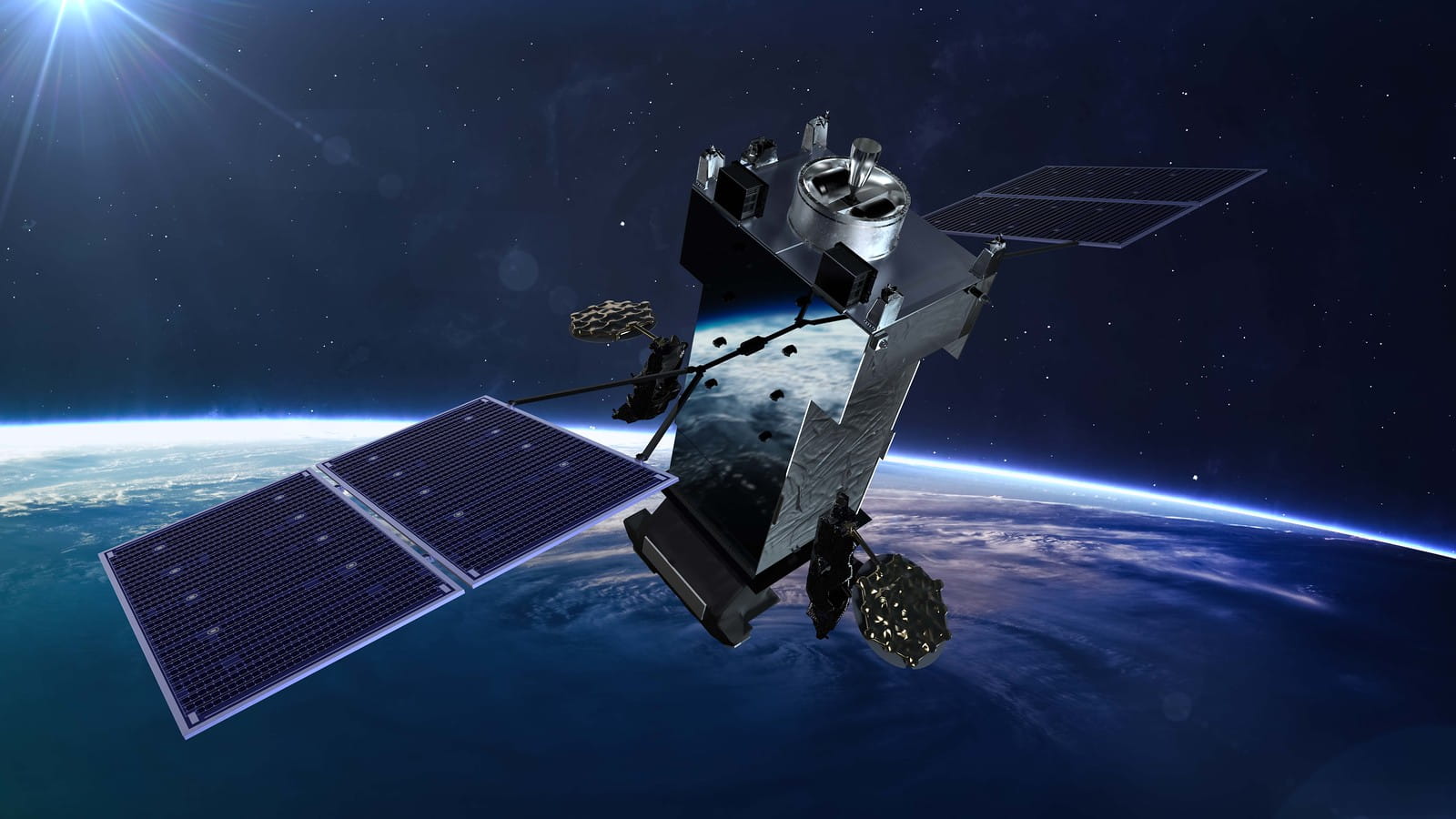Raytheon, an RTX (NYSE: RTX) business, delivered its first sensor payload to prime contractor Lockheed Martin, keeping the U.S. Space Force Space Systems Command’s first Next-Generation Overhead Persistent Infrared, or Next-Gen OPIR, Geosynchronous Earth Orbit (GEO) Block 0 missile warning satellite on track for a 2025 initial launch capability.Designed to improve missile warning resilience and performance, two Next-Gen OPIR GEO satellites will eventually provide continuous coverage over mid-latitudes to the existing constellation. Raytheon is designing and building sensor payloads for both satellites.
Prior to delivery of the first payload, Raytheon completed a series of assessments including thermal vacuum testing. Thermal vacuum testing exposes the payload to a space-like environment and validates digital models to ensure the sensor meets design requirements. The second sensor payload is more than 60 percent completed and is scheduled to start thermal vacuum testing in early 2025.
“Persistent early warning of missile threats is critical to our national security,” said Sandy Brown, vice president for Mission Solutions & Payloads for Raytheon. “Our payloads offer early, resilient warning against increasingly challenging ballistic threats from adversaries.”
Raytheon, an RTX business, is a leading provider of defense solutions to help the U.S. government, our allies and partners defend their national sovereignty and ensure their security. For more than 100 years, Raytheon has developed new technologies and enhanced existing capabilities in integrated air and missile defense, smart weapons, missiles, advanced sensors and radars, interceptors, space-based systems, hypersonics and missile defense across land, air, sea and space. With more than 185,000 global employees, RTX pushes the limits of technology and science to redefine how we connect and protect our world. Through industry-leading businesses – Collins Aerospace, Pratt & Whitney, and Raytheon – we are advancing aviation, engineering integrated defense systems, and developing next-generation technology solutions and manufacturing to help global customers address their most critical challenges. The company, with 2023 sales of $69 billion, is headquartered in Arlington, Virginia.
















